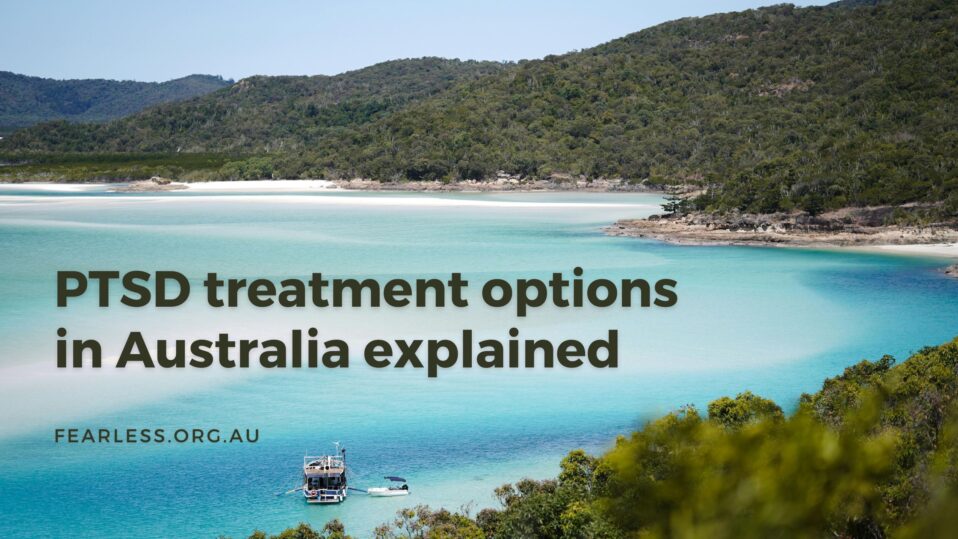Post traumatic stress can affect anyone and can have lasting impacts on wellbeing, relationships and everyday life. While professional help is important, understanding what kinds of support exist can help people feel more prepared and confident when they decide to reach out for treatment.
Evidence-based approaches
In Australia, trauma-focused therapies such as Cognitive Behavioural Therapy (CBT), Eye Movement Desensitisation and Reprocessing (EMDR) and exposure-based therapies are recognised for helping people manage and reduce PTSD symptoms. These approaches work by helping individuals process difficult memories in a safe, structured way with a trained professional.
If you or someone you know is thinking about therapy, a good first step is to talk to a GP or look for mental health practitioners who have experience in trauma-related care.
Complementary and lifestyle supports
While professional therapy is important, there are also everyday approaches that can help people feel grounded and supported:
- Movement: Gentle physical activity such as walking, yoga or group exercise can reduce stress and help regulate the body’s natural responses.
- Mindfulness: Practising calm, focused awareness can help manage anxiety and create moments of rest for the mind.
- Connection: Spending time with others, joining a support group or volunteering can reduce isolation and build a sense of belonging.
- Nature: Spending time outdoors has been shown to improve mood and resilience.
- Healthy nutrition: Regular, balanced meals and hydration can support physical and mental health.
Understanding medication
Medication can play a role in supporting recovery for some people, usually alongside therapy. Decisions about medication should always be discussed with a qualified health professional who understands trauma-related care.
Supporting family and carers
Caring for someone with PTSD can be rewarding but also emotionally demanding. It’s important for carers to look after their own wellbeing and seek support when needed. Resources like Carer Gateway, SANE Australia and Mental Health First Aid provide information and community connections for carers across Australia.
The path forward
Recovering from PTSD takes time, patience and support. Each small step—learning new coping tools, building positive connections or reaching out for help—contributes to a stronger foundation for wellbeing.
FearLess continues to raise awareness and share information to help individuals, families and carers better understand trauma and healing.



Post a comment